by : FA ABDUL
When I was a little girl, I felt that my own religion was the best and every other faith was somehow inferior. Growing up, I learned that one can respect, admire and appreciate other faiths and beliefs while preserving one’s own religion.
You see, my parents are staunch Muslims who pray five times a day, read verses from the Holy Quran after almost every prayer session, fast every Ramadan and on special days, and have performed Haj multiple times.
Growing up in a family with strong Islamic beliefs like mine and being surrounded by mainstream media promoting the Islamic way of life, I was always reminded that I was a Muslim first, before anything else.
However, although my relationship with my family is built upon faith at its core, I was lucky to have parents who had a thirst for knowledge. They believed that a genuine understanding of various aspects of life, including religion, required knowledge.
When my siblings and I entered our teens, my parents often engaged us in discussions about different religions. Many times they would throw questions at us including, “How is religion possible? How did different religions come to be what it is today? How would life be without religion?”
At the time, my dad had a book called ‘The Religions of the World’. Every time he read something interesting about a particular religion, he’d share it with us, and we’d compare them with other religions, including our own.
The discussions on the origin of religions, the rituals performed and the architecture of houses of worship fascinated me. It was very different from what I knew and was accustomed to as a Muslim.
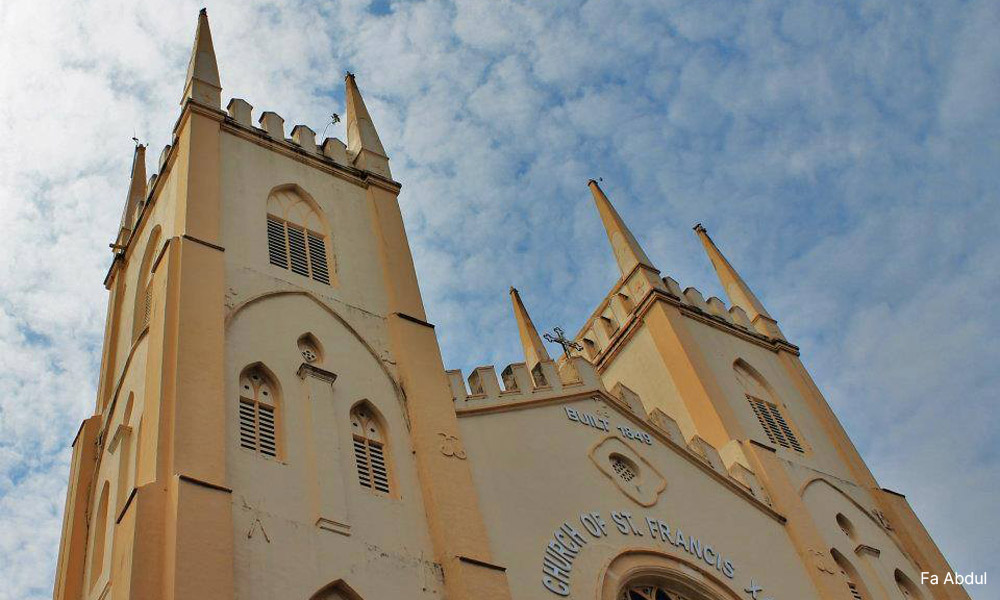
Growing up, my interest in other religions and their beliefs grew as well.
Understanding faiths of our neighbours
Over the years, I have visited many houses of worship and attended many religious rituals outside of my own. I have been to pagodas, churches, temples and gurdwaras. While my new discoveries fascinated me and left me craving for more, they have never shaken my faith as a Muslim.
In 2016, I visited Shwedagon Pagoda at Singuttara Hill in Yangon, Myanmar, one of the most important religious reliquary monuments in the world. I was surrounded by the calming chants of monks and the healing sounds of bells and gongs – yet my thoughts centred on Allah as I sang praises to Him for giving us such a grand, beautiful and diversified world full of energy and love.
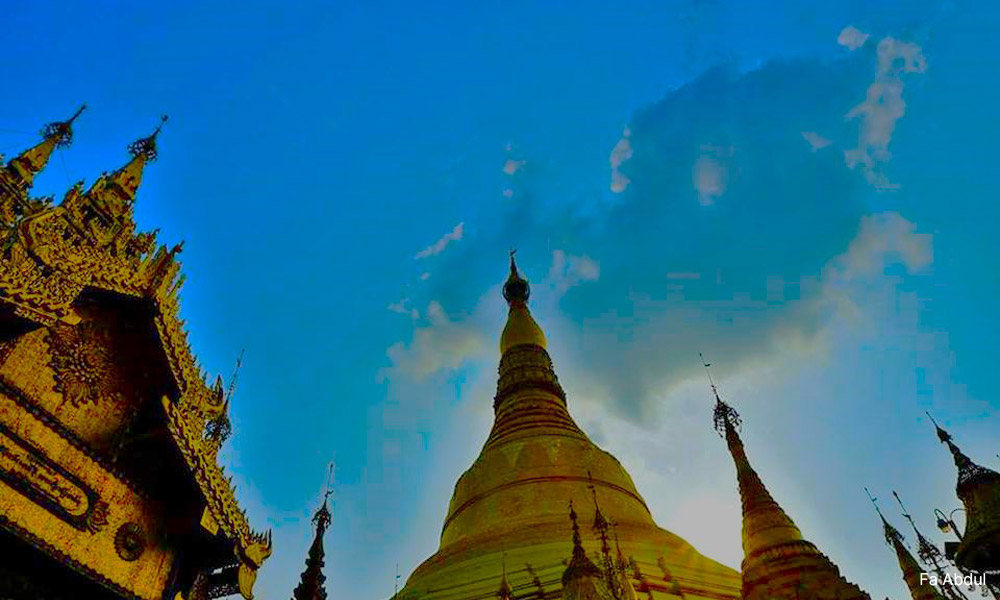
In 2017, I visited a gurdwara to learn about Sikh turbans for a play I was directing. A caretaker at the gurdwara helped me and also taught me the art of wearing a turban. After spending some time at the morning service, I was then brought to a hall where food was served for free.
It was the first time I learned that some gurdwaras served free food to the community every week. Anyone of any religion can just walk in and enjoy the variety of vegetarian dishes. While the free meals are very helpful for those who struggle financially, others can make small donations if they wish to.
According to a Sikh friend who accompanied me at the time, some gurdwaras even have rooms available to provide shelter for those desperately in need. Like the food, the shelter was also made available to everyone of any religion.
In 2019, the Archbishop of Canterbury Justin Welby, the most senior bishop in the Church of England and the leader of the world's 85 million Anglicans, visited West Malaysia for the first time. I attended a special service organised by a church to welcome the archbishop where he spoke greatly about tolerance and love.
I took the opportunity to meet the archbishop afterwards, introduced myself as a Muslim and told him how much I enjoyed listening to his speech and his valuable messages. I found him to be warm, kind and very friendly – so much so, I even requested a selfie.
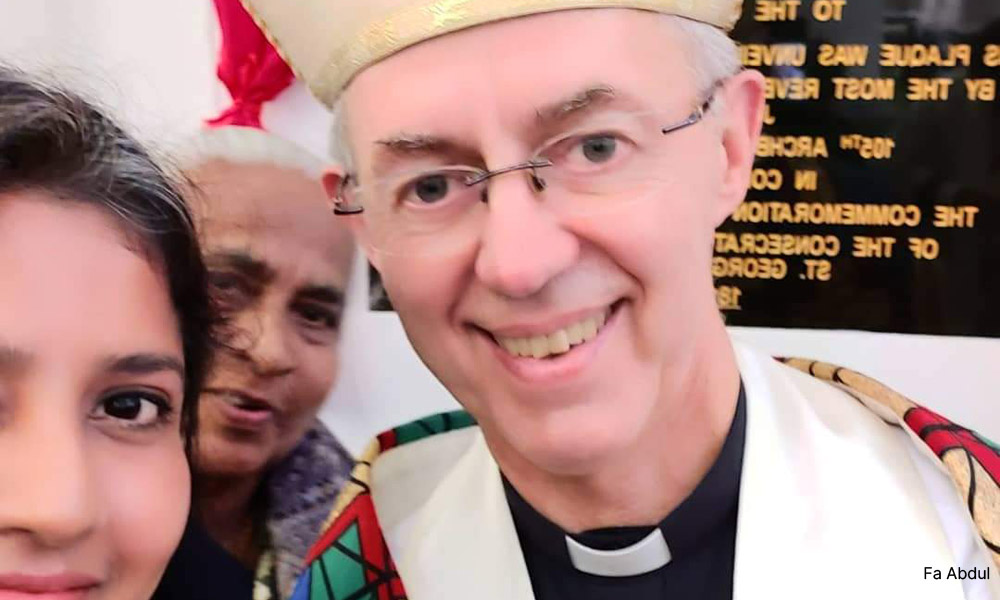
Learning about other religions, attending their rituals and meeting their priests, I find myself truly inspired. I am astounded by how compassion, kindness and love are central to all teachings in all major religions of the world.
In Islam, compassion is also a core principle, reflected in the name of God - the “Compassionate and Merciful” - and appears at the beginning of every chapter of the Holy Quran.
The focus on compassion that I have observed in Islam and other religions strikes me as a strong unifying thread among all faiths. It gives us more reason to learn and understand the faiths of our neighbours, friends and colleagues.
After all, learning and understanding each other is an essential ingredient of peaceful coexistence in our world.
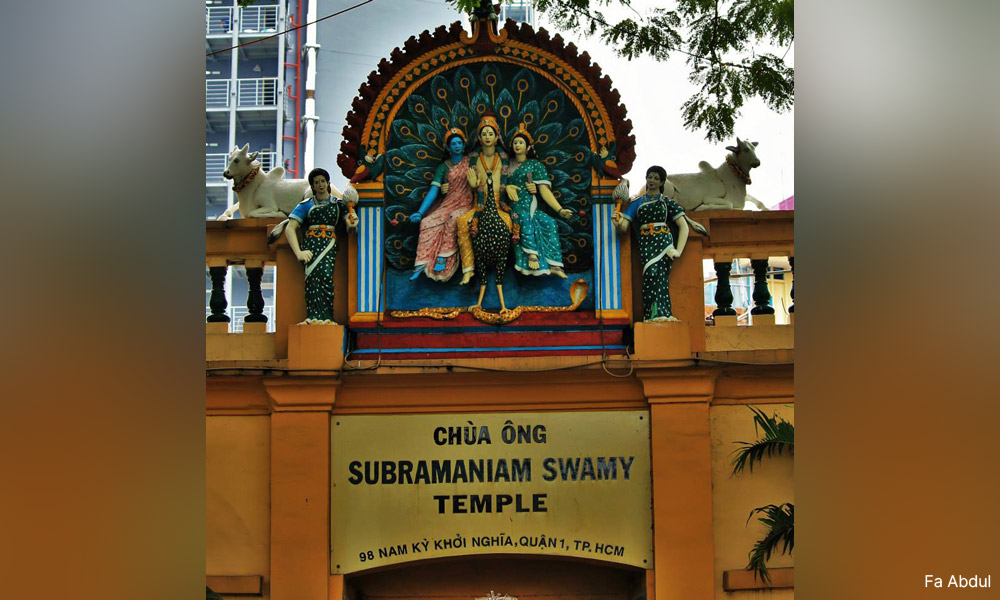
Religious diversity a blessing
We have come a long way toward tolerance, but we have a long way to go before we see religious diversity as a blessing, and not a threat. The political use of religious prejudice only deprives us of many of God’s gifts.
Contrary to the beliefs of many Muslims in Malaysia, we can actually learn about other religions without watering down our own beliefs. We can hold on to our own belief system and still give merit and learn from others.
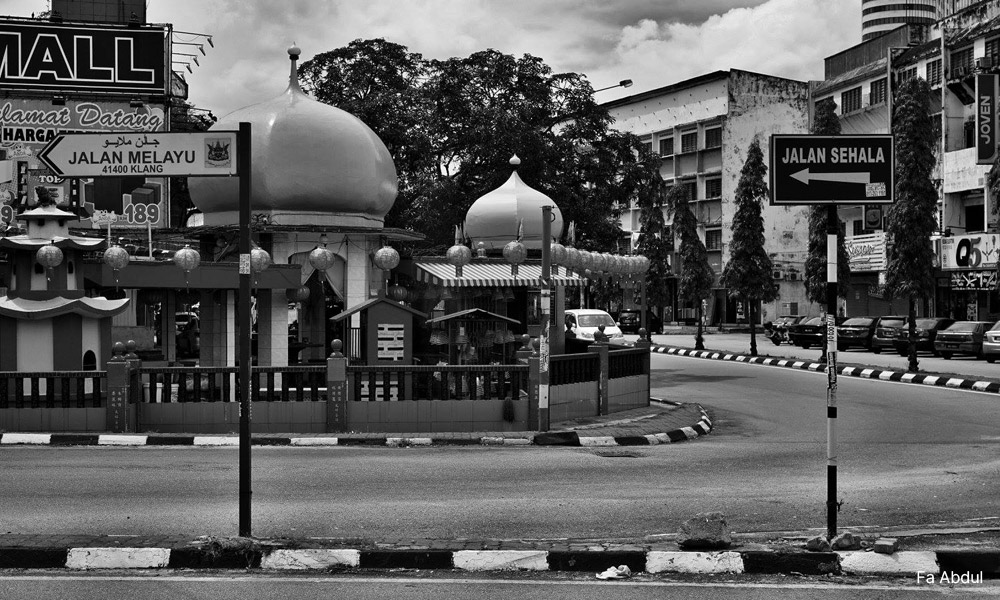
We are often advised to travel the world because that is the best way to learn about ourselves and form a love for our country. Likewise, we grasp our faith more securely by encountering and learning from other faiths.
The truth is every religion is reaching out to the same God. Muslims may think that Christians, Buddhists, Hindus and Sikhs have it all wrong. Likewise, Christians, Buddhists, Hindus and Sikhs may believe that Muslims have it all wrong. But ultimately, we are all trying to do right by God as we understand Him.
I have always been drawn to people who are different from me. I believe in the power of personal contact to bridge differences. If only we leave our minds open, there are so many things we can learn from each other.
Whatever name we call our religion or our God, whatever differences there are between us, we are all, at the very centre, the same - we love, we laugh, we cry and we bleed.
“He who knows one religion knows none.” - Max Mueller
- Mkini




No comments:
Post a Comment
Note: Only a member of this blog may post a comment.